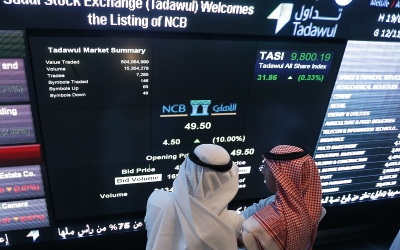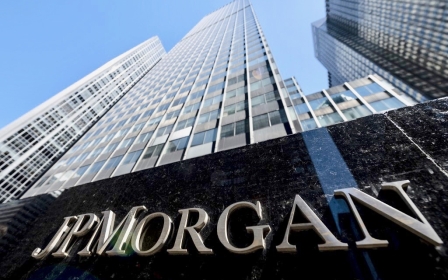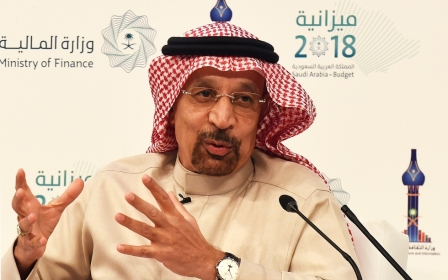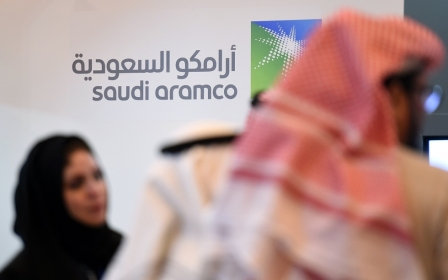Riyadh 'strong arming' wealthy families to invest in oil giant's IPO: Report

Saudi Arabia is pressuring wealthy Saudi families to buy into the initial public offering (IPO) of its state oil behemoth, Saudi Aramco, according to a report by the Financial Times.
The newspaper said that there was a plan by Riyadh to "strong arm", "coerce" or "bully" wealthy families into investing in the IPO after the company took a huge hit from Saturday's attacks on its oil facilities.
Many of the families that are being pursued were a part of a crackdown in 2017, when members of the Saudi royal family were imprisoned in the Ritz Carlton hotel. Dozens of princes, senior officials and top businessmen were also detained in the opulent hotel.
Some of the detainees were tortured at the luxurious establishment in Riyadh, sources told Middle East Eye.
One family said they were told that assets which had been frozen during the Ritz Carlton purge could now be transferred into Saudi Aramco stock, the Times reported.
One of the persons the FT said was being pressured into buying into the world's largest oil company's stock is Prince Alwaleed bin Talal, who was imprisoned in the Ritz Carlton for three months and has many assets still frozen in the kingdom.
Among the Western financiers working on the IPO are JPMorgan, Goldman Sachs, Morgan Stanley and Credit Suisse.
Saudi Crown Prince Mohammad bin Salman said earlier that the oil giant may be worth upwards of $2 trillion, however, experts now doubt that it's value will reach that high.
The company is continuing to press on with the share sale, even as the recent attack on its oil facilities cut about half of the kingdom's supply of crude.
Aramco may take months to restore its oil output, after about 5 percent of the world's oil supply was cut off by the attack, Reuters reported.
Middle East Eye delivers independent and unrivalled coverage and analysis of the Middle East, North Africa and beyond. To learn more about republishing this content and the associated fees, please fill out this form. More about MEE can be found here.





